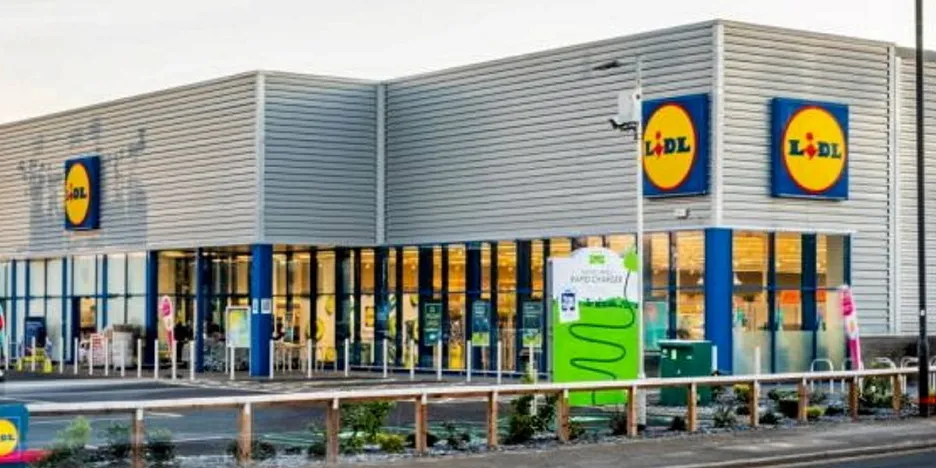Retailer Lidl setting up its own shipping company to combat supply chain woes
The German retail giant forms Tailwind Shipping Lines to secure an independent supply chain.

The German retail giant forms Tailwind Shipping Lines to secure an independent supply chain.
